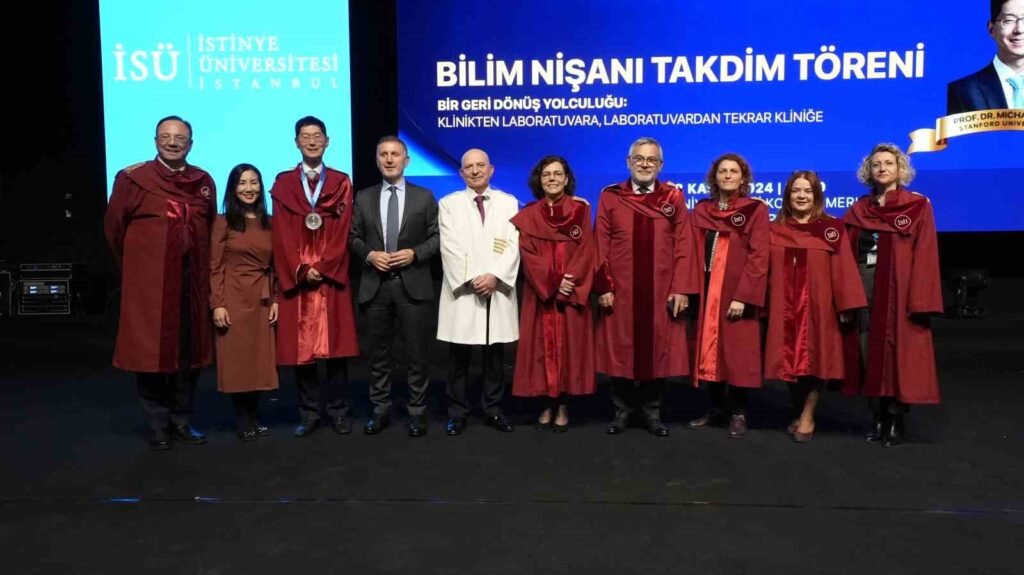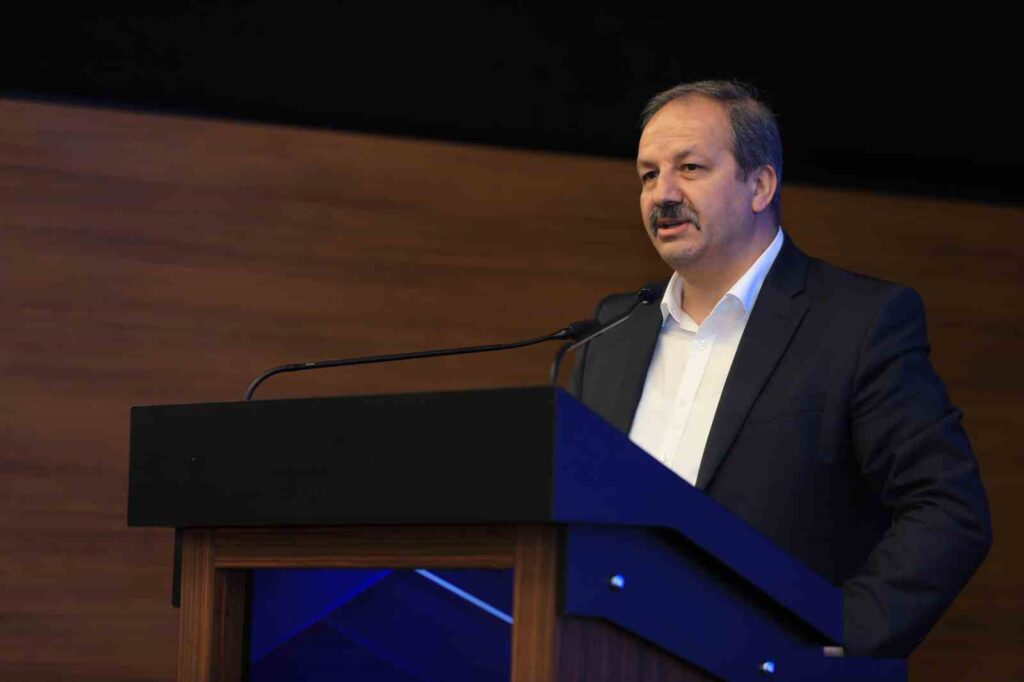Early diagnosis opportunity in lung cancer with artificial intelligence
The TÜBİTAK 1001 supported project carried out at Altınbaş University aims to revolutionize the diagnosis of lung cancer using machine learning. The project team led by Assoc. Prof. Handan Tanyıldızı Kökkülünk focuses on sarcopenia, next-generation inflammation…

The TÜBİTAK 1001 supported project carried out at Altınbaş University aims to revolutionize lung cancer diagnosis using machine learning. Led by Assoc. Prof. Handan Tanyıldızı Kökkülünk, the project team aims to facilitate faster and more accurate diagnosis through sarcopenia, new generation inflammation markers, and PET/CT anatomical-metabolic biomarkers.
With the increasing world population, it is not feasible to manage disease diagnosis in the field of healthcare solely through human resources. Artificial intelligence technologies are used to reduce costs, increase efficiency, eliminate errors caused by negligence and lack of knowledge, and provide patients with quick, accurate, and reliable diagnosis. In this context, the use of machine learning to diagnose lung cancer, one of the cancer types with high incidence and rapid progression in our society, becomes important. In this regard, Assoc. Prof. Handan Tanyıldızı Kökkülünk from Altınbaş University stated, “We aim to support early diagnosis of lung cancer” with the TÜBİTAK 1001 project titled ‘Prediction of Lung Cancer Diagnosis with Machine Learning through Sarkopenia, New Generation Inflammation Markers, and PET/CT Anatomical-Metabolic Biomarkers’. The innovative approach in lung cancer diagnosis and treatment within the scope of the project is expected to improve patients’ quality of life and provide significant benefits to healthcare systems through early diagnosis.
Providing information about the ongoing project, Assoc. Prof. Handan Tanyıldızı Kökkülünk mentioned the data they primarily use, stating, “Currently, in the project study, only practices applied in clinical routine such as blood tests and PET/CT imaging are performed on patients. As a result of these practices, inflammation markers such as CRP, sedimentation, are obtained from blood test results, and data such as standardized uptake value, metabolic tumor volume are calculated from PET/CT imaging results. On the other hand, patients’ muscle mass is determined through physiotherapy tests, non-invasive techniques. All obtained data is recorded and processed to be used in the machine learning phase.”
“First goal is to assist in lung cancer diagnosis”
Assoc. Prof. Tanyıldızı Kökkülünk stated that the first goal of the project is to research ‘easily obtainable, fast results, accessible, and cost-effective new bio-markers thought to assist in lung cancer diagnosis’. She continued, “Through the identified bio-markers, machine learning algorithms will be developed to ensure early diagnosis of lung cancer, enabling a quick transition to the treatment stage. It is expected that this innovative approach in lung cancer diagnosis and treatment will improve patients’ quality of life and provide significant benefits to healthcare systems through early diagnosis. Additionally, the project aims to train qualified researchers in the field.”
Diagnosis will be determined before physician evaluation
Tanyıldızı Kökkülünk also concluded her statement by saying that diagnosis can be made before physician evaluation with the machine model, “With the machine learning model that can predict lung cancer diagnosis with high accuracy through the project, integration into the clinic will be ensured in the subsequent stages. Thus, the system will determine if the patient included in the data carries a lung cancer diagnosis before physician evaluation, reducing the workload of physicians. This innovative approach will lead to a more effective and faster diagnosis process in the healthcare sector.”







